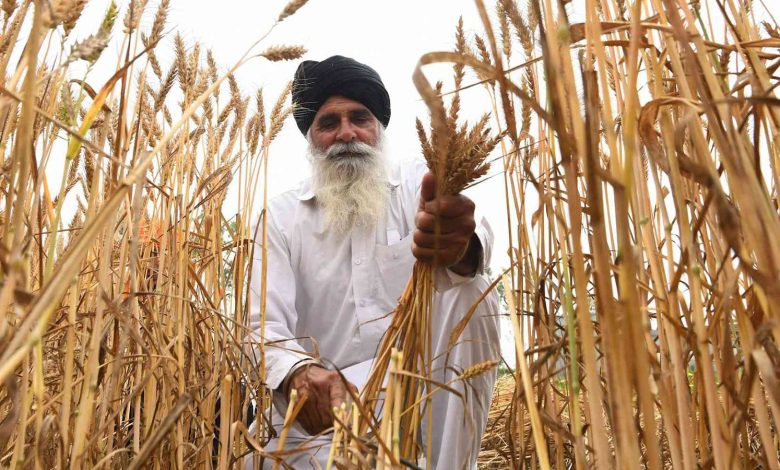In a statement published by the official Emirates News Agency (WAM), the UAE Ministry of Economy decided to halt the export and re-export of wheat of Indian origin, including free zones, for a period of four months as of May 13, explaining that the decision applies to all types of wheat, including hard, regular, and fine wheat, as well as wheat flour.
According to the Ministry of Economy, the decision, which includes all types of wheat and wheat flour, is in recognition of the UAE and India’s strong and strategic relations, as well as the approval of India’s Government to export wheat to the country for local consumption.
This comes as the world is concerned about a food crisis induced by Russia’s invasion of Ukraine, which has disrupted wheat exports to all parts of the world. Russia and Ukraine account for roughly one-third of global wheat exports.
The Ministry further said that companies wishing to export imported shipments or wheat of non-Indian origin before May 13th must submit their applications to the ministry along with identification papers.
Moreover, it highlighted that the export permit issued to companies is valid for 30 days from the date of issuance and must be submitted to the relevant customs department to complete the procedures for exporting the shipment outside the country.
Last month, India announced that it had banned the export of wheat without special government permission due to a decline in production caused by heat waves. This has resulted in unprecedented price increases for this basic food commodity.
India, the world’s second largest producer of wheat, has decided to prohibit its export without special permission from the government in order to ensure “food security” for its 1.4 billion people.








